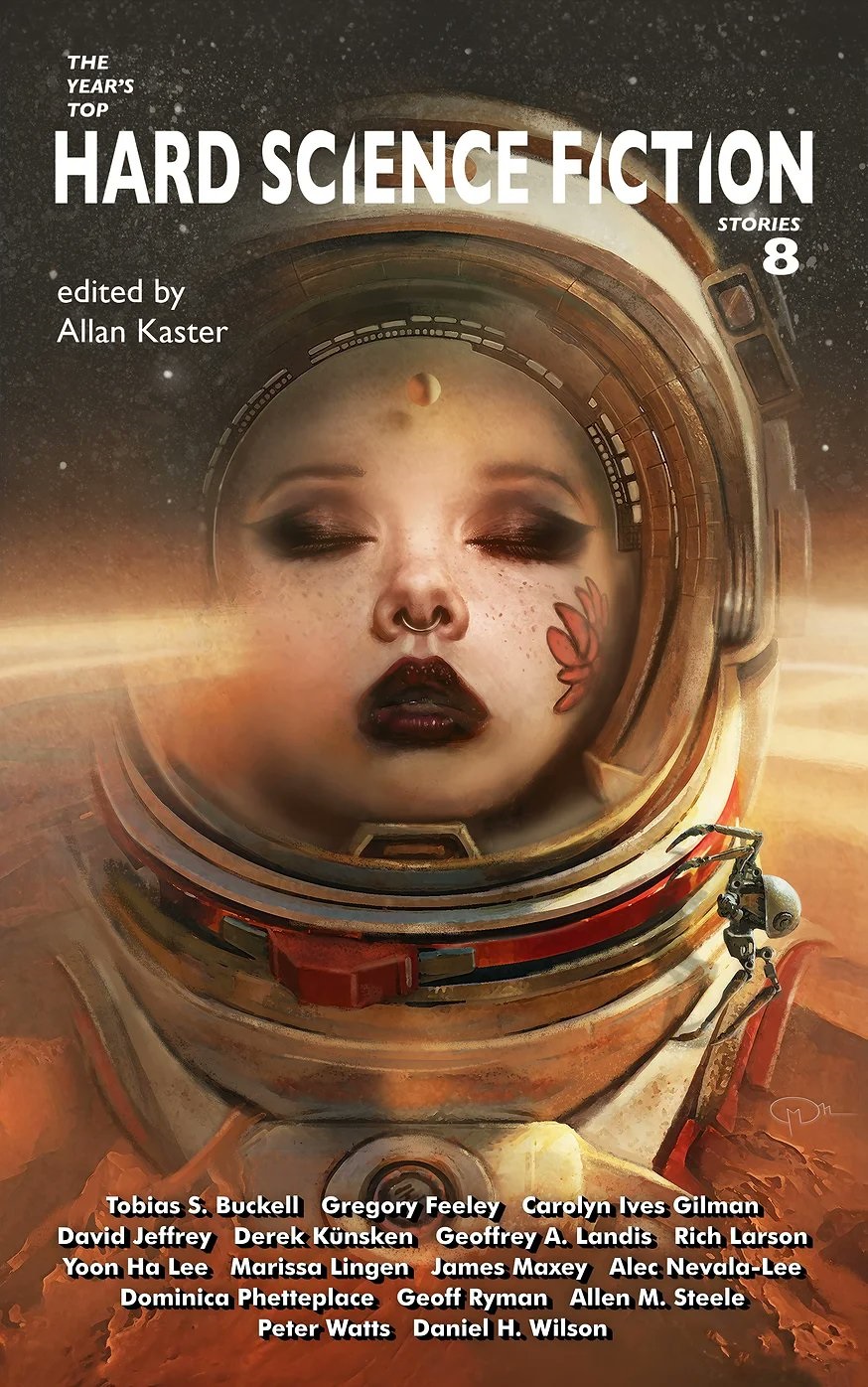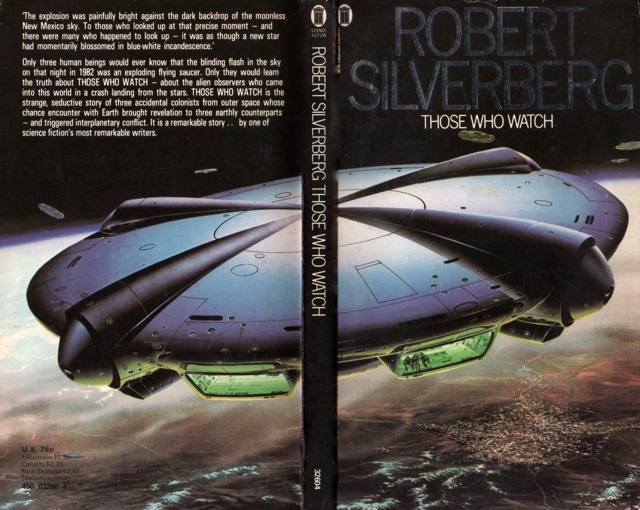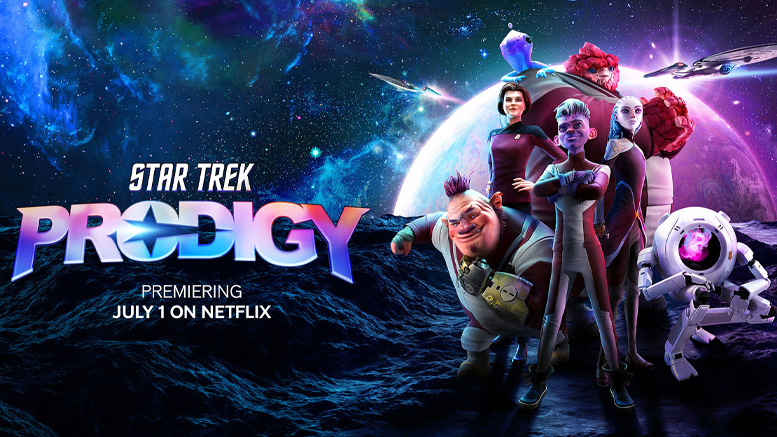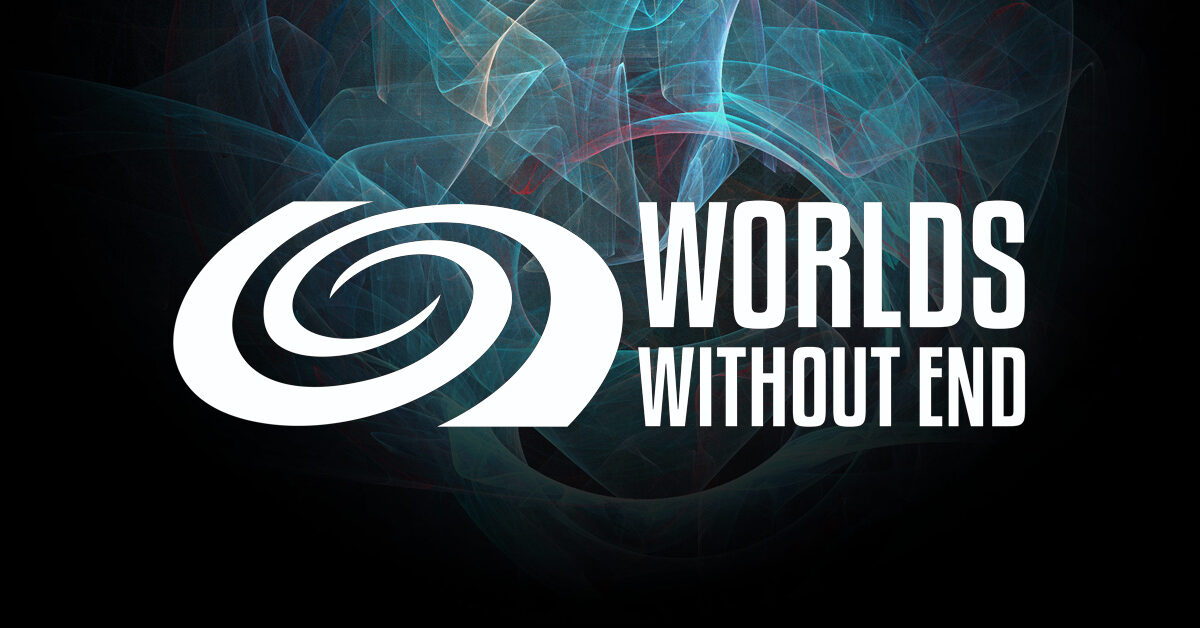The Year’s Top Hard Science Fiction Stories 8, Allan Kaster, ed. (Infinivox 978-1-88461-265-7, 358pp, $19.99, pb). Cover art by Maurizio Manzieri. June 2024.
The discussion about what counts as “hard” science fiction is a perennial one; and depending on the reason for having it, it can often be unproductive. In his introduction to this eighth in Infinivox’s Top Hard SF Stories series, Allan Kaster doesn’t offer a definition or a set of criteria for how he chose the stories in this year’s anthology. He does, though, mention the particular sciences that feature in the stories, suggesting that an emphasis on science was necessary for a story to be included. It’s certainly true that sciences are important to most of these stories, and indeed the use of science is a focus of many. At the same time, scientists are often not the main characters, and many of the stories explore questions about what it means to be human, to have purpose, and how relationships work; they are certainly not restricted to purely science-based narratives.
The various topics that appear throughout the anthology are such as might be expected, either because they are topical or because they just keep providing SF writers with rich fodder. Thus there are several stories featuring AI in one form or another – generally in a positive and helpful, rather than humanity-destroying, mode. There are also alien-contact stories, with a balance between the hopeful and the destructive. The exploration of planets, particularly of our own solar system, is a significant motif; only three of the 15 stories definitely involve humanity existing and exploring beyond our solar system, which seems like a remarkably small fraction given the history of far-future and epic-exploration stories in the genre.
The characters and ideas found in the solar exploration stories are indicative of those in the anthology overall. In “Lemuria 7 is Missing”, Allen M. Steele writes a found-footage documentary exploring the reasons for a tourist ship to the moon going silent and everyone aboard going missing. Partly about billionaires and their foibles, partly about attitudes towards the possibility of aliens, and partly about the next few decades of lunar exploration, this is one of five novellas in the anthology and one of the most enjoyable stories; the human and business relationships presented are believable and compelling. There are two stories about Venus, although they could not be more different: In “Clockwork Melting”, James Maxey muses on the consequences of immortality, and especially what it might mean for making and losing memories and therefore what makes us human; “Cloudskimmer”, by Geoffrey A. Landis is, more straightforwardly, about humans exploring that planet. Dominica Phetteplace’s “The Ghosts of Mars”, which opens the anthology, is about the early human colonisation of Mars, and mixes in human-bot interaction, and initial contact with aliens. The focus of the story is on living, and thriving, on a hostile planet, and what that might mean for human relationships. Moving further out, in “The Many Different Kinds of Love” (written by Geoff Ryman with David Jeffrey) Enceladus is being explored. Humans aren’t directly involved; the machinery is run by artificial intelligence. However, the AI works in tandem with a ‘Sample’: a conglomeration of human memories which act as the guide, the gut instinct, to assist in the exploration. This machine/human intelligence interaction is vital for the success of the mission. Finally, Gregory Feeley in “The Unpastured Sea” presents humans living around and eventually exploring Neptune. There are hints at the existence of AI “Minds” and past difficulties, but no explanation; it’s a story focused on human determination. These six solar-system stories cover many of the general themes of the anthology.
Several of the other stories deserve to be mentioned. In particular, Yoon Ha Lee’s “The Ethnomusicology of the Last Dreadnaught” is perhaps the most surprising to find here – ethnomusicology not generally being regarded as a science – and is also one of the very best, teasing a story out of what seems like an academic report.
The 15 stories in this anthology were originally published in a range of sources; Asimov’s Science Fiction was the most represented, with Life Beyond Us: An Original Anthology of SF Stories and Science Essays; European Astrobiology Institute Presents second. Kaster notes that seven of the 15 authors had not previously been reprinted in this series, and that this ‘portends a vibrant future for this genre.’ These stories show that ideas that have already been written about extensively – exploring Mars and Venus; interacting with vicious or friendly aliens; the use of artificial intelligence – still provide fertile ground for narrative exploration.
Alexandra Pierce reads, writes, podcasts, cooks and knits; she’s Australian and a feminist. She was a host of the Hugo Award winning podcast Galactic Suburbia for a decade; her new podcast is all about indie bookshops and is called Paper Defiance. Alex has edited two award-winning non-fiction anthologies, Letters to Tiptree and Luminscent Threads: Connections to Octavia E Butler. She reviews a wide range of books at www.randomalex.net.
This review and more like it in the July 2024 issue of Locus.
 While you are here, please take a moment to support Locus with a one-time or recurring donation. We rely on reader donations to keep the magazine and site going, and would like to keep the site paywall free, but WE NEED YOUR FINANCIAL SUPPORT to continue quality coverage of the science fiction and fantasy field.
While you are here, please take a moment to support Locus with a one-time or recurring donation. We rely on reader donations to keep the magazine and site going, and would like to keep the site paywall free, but WE NEED YOUR FINANCIAL SUPPORT to continue quality coverage of the science fiction and fantasy field.
©Locus Magazine. Copyrighted material may not be republished without permission of LSFF.







